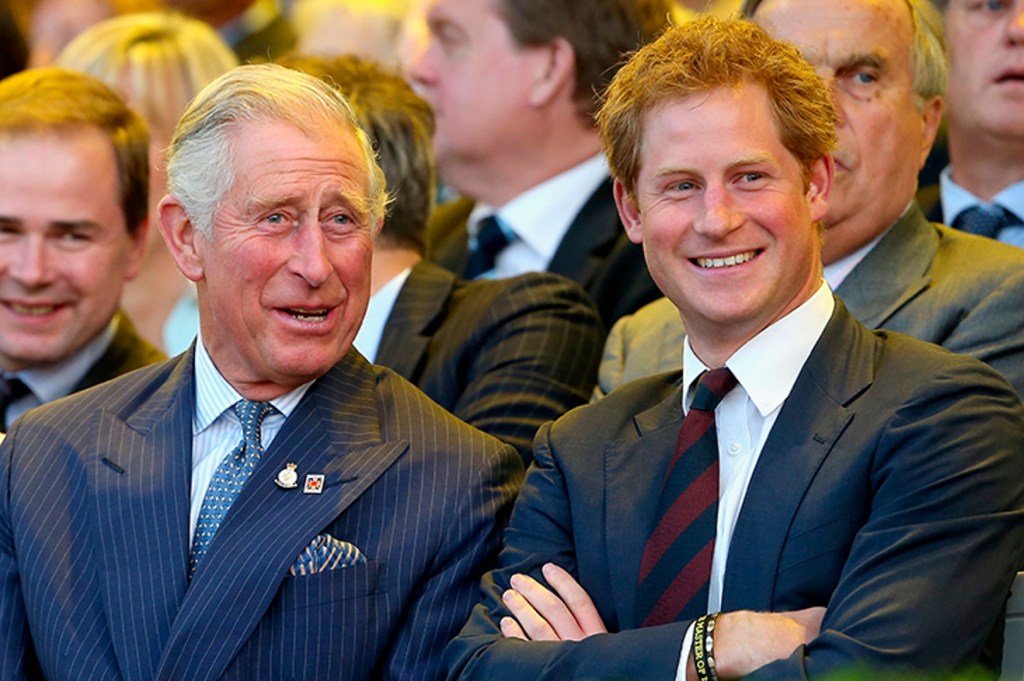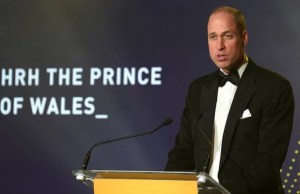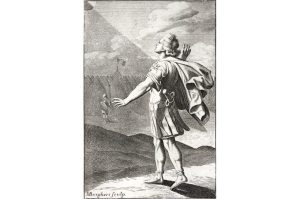Charles, Prince of Wales, is having a little trouble with his son Harry. Romans knew about difficult offspring. They told a story of a father who discovered his son was plotting against his life. Unable to believe a son would commit such an outrage, he received confirmation on oath from his wife that he was their son, and then summoned him to a meeting. There he gave him a sword and told him to cut his father’s throat. The son, horrified by his father’s reaction, threw it away, saying: ‘I ask only that you should not think my love for you to be of little value because it arises from repentance.’
But since one can hardly expect anything as old-fashioned as repentance from Harry — it implies sin, which in California is something done only by people in the Bible, an old book written by some king, apparently — the all too harried Prince of Wales might be tempted to consider another Roman solution: adopt a son in Harry’s place.
Such a move would not feature babies. Adoption was far too serious a business for that. Its purpose was not to satisfy emotional needs but to ensure the family inheritance passed on to someone who had its best interests at heart. The decision lay with the male head of the family. He would survey the market of spare sons among his aristocratic chums. The most likely available prospect would then pass fully into his family.
This was a juicy prospect for those close to the imperial family with a son to spare. Augustus, the first Roman emperor, had been adopted into Julius Caesar’s line. The next, Tiberius, was adopted into Augustus’s. Nerva, whom the senate appointed emperor after the death of the heirless Domitian, began a fine sequence: he adopted Trajan (emperor from 98 AD), who adopted Hadrian (emperor from 117 AD), who adopted Antoninus Pius (138 AD), who adopted Marcus Aurelius (161 AD). Together they produced Gibbon’s ‘golden age’ of the Roman Empire.
And Prince Charles? The succession is already secure, but a weakened team could do with a good sub. Any suggestions for the reserve bench?
This article was originally published in The Spectator’s July 2021 World edition.


















